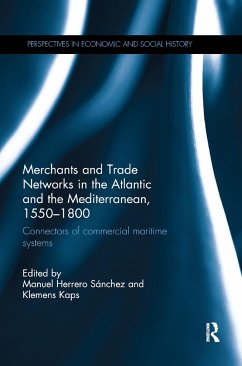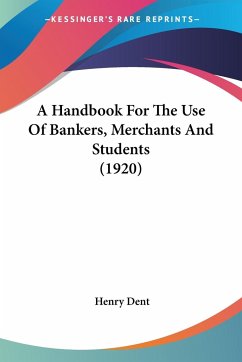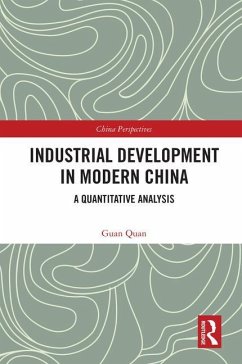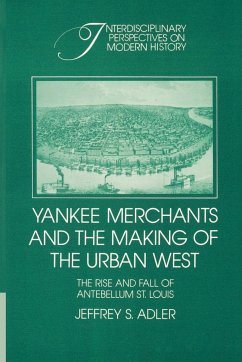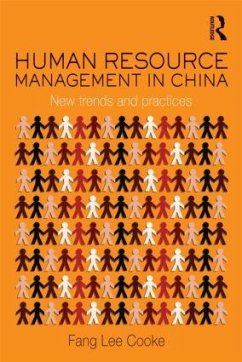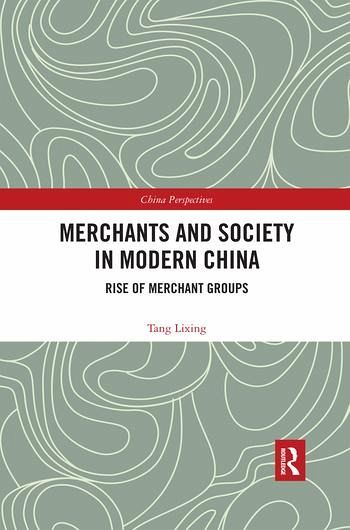
Merchants and Society in Modern China
Rise of Merchant Groups
Versandkostenfrei!
Versandfertig in 1-2 Wochen
55,99 €
inkl. MwSt.

PAYBACK Punkte
28 °P sammeln!
In ancient China, as the lowermost class in the social hierarchy, merchants were viewed as greedy and immoral, commanding little respect. But since the sixteenth century, when China entered modern times with the sprout of capitalism, merchants have become a strong force to transform the ancient society. By absorbing methods of anthropology, psychology, geography, and economics, as well as cultural and genealogical studies, this book explores the development and rise of the merchant in modern China. To start with, it examines the golden times of the merchant and the dilemmas facing them in the ...
In ancient China, as the lowermost class in the social hierarchy, merchants were viewed as greedy and immoral, commanding little respect. But since the sixteenth century, when China entered modern times with the sprout of capitalism, merchants have become a strong force to transform the ancient society. By absorbing methods of anthropology, psychology, geography, and economics, as well as cultural and genealogical studies, this book explores the development and rise of the merchant in modern China. To start with, it examines the golden times of the merchant and the dilemmas facing them in the two-millennia-long traditional society where the "pro-agriculture and anti-commerce" policy was implemented. With the economic development, merchant groups gradually came into being and formed a vibrant social class in the modern era. Major merchant groups, their psychological integration, and the interaction between merchants and capitalism in China are specifically studied. Also, merchants' role in the communal life is analyzed, including their contribution to the making and expansion of modern communities, which led to China's social transformation. With a multi-faceted description of Chinese merchants whose development interweaves with the transformation of the ancient country, this book will appeal to scholars and students in economics, history, sociology, and cultural studies. Readers interested in Chinese culture and social history will also be attracted by it.





